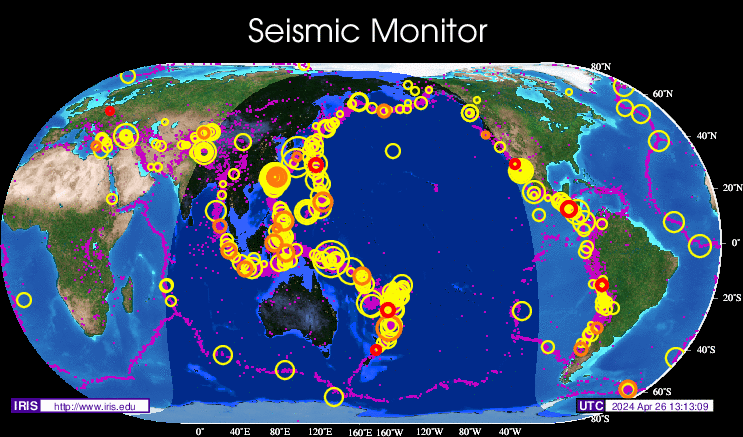Description:
Dan Graboi, PhD, has published research articles on perception and cognitive neuroscience in journals such as Perception & Psychophysics, the Journal of Neurophysiology, and the Journal of Scientific Exploration. He is currently conducting research at the California Institute for Human Science telepathy and psychokinesis. You can read many of his papers at https://cihs.academia.edu/DanGraboi
Researcher Dan Graboi describes the complexities of psi perception and the scientific challenges of studying consciousness. A central focus of the conversation is the “naming problem” in remote viewing and telepathy—how the act of labeling an impression can interfere with recognizing the actual target. They explore how psi impressions often come through in fragmented, low-resolution forms that make identification difficult. Dan shares examples from his own experiments.
NTA Guest Host Debra Lynne Katz, PhD, is founder of the International School of Clairvoyance. She currently serves as President of the International Remote Viewing Association (IRVA) and is an adjunct professor at the California Institute for Human Science. Her books include You Are Psychic, Extraordinary Psychic, and Associative Remote Viewing Her website is debrakatz.com
Timestamps:
00:00 Introduction
03:23 Informal experiments in telepathy
09:14 Psi Information is perceived in bits and pieces
12:14 Defining clairvoyance
18:28 Causes of the naming problem
23:32 Integrative agnosia
24:48 The difference between pure data and memory
30:04 Is grounding purely meditation?
42:12 Tools to measure effects
51:22 Conclusion
Dan Graboi, PhD, has published research articles on perception and cognitive neuroscience in journals such as Perception & Psychophysics, the Journal of Neurophysiology, and the Journal of Scientific Exploration. He is currently conducting research at the California Institute for Human Science telepathy and psychokinesis. You can read many of his papers at https://cihs.academia.edu/DanGraboi
Researcher Dan Graboi describes the complexities of psi perception and the scientific challenges of studying consciousness. A central focus of the conversation is the “naming problem” in remote viewing and telepathy—how the act of labeling an impression can interfere with recognizing the actual target. They explore how psi impressions often come through in fragmented, low-resolution forms that make identification difficult. Dan shares examples from his own experiments.
NTA Guest Host Debra Lynne Katz, PhD, is founder of the International School of Clairvoyance. She currently serves as President of the International Remote Viewing Association (IRVA) and is an adjunct professor at the California Institute for Human Science. Her books include You Are Psychic, Extraordinary Psychic, and Associative Remote Viewing Her website is debrakatz.com
Timestamps:
00:00 Introduction
03:23 Informal experiments in telepathy
09:14 Psi Information is perceived in bits and pieces
12:14 Defining clairvoyance
18:28 Causes of the naming problem
23:32 Integrative agnosia
24:48 The difference between pure data and memory
30:04 Is grounding purely meditation?
42:12 Tools to measure effects
51:22 Conclusion
























